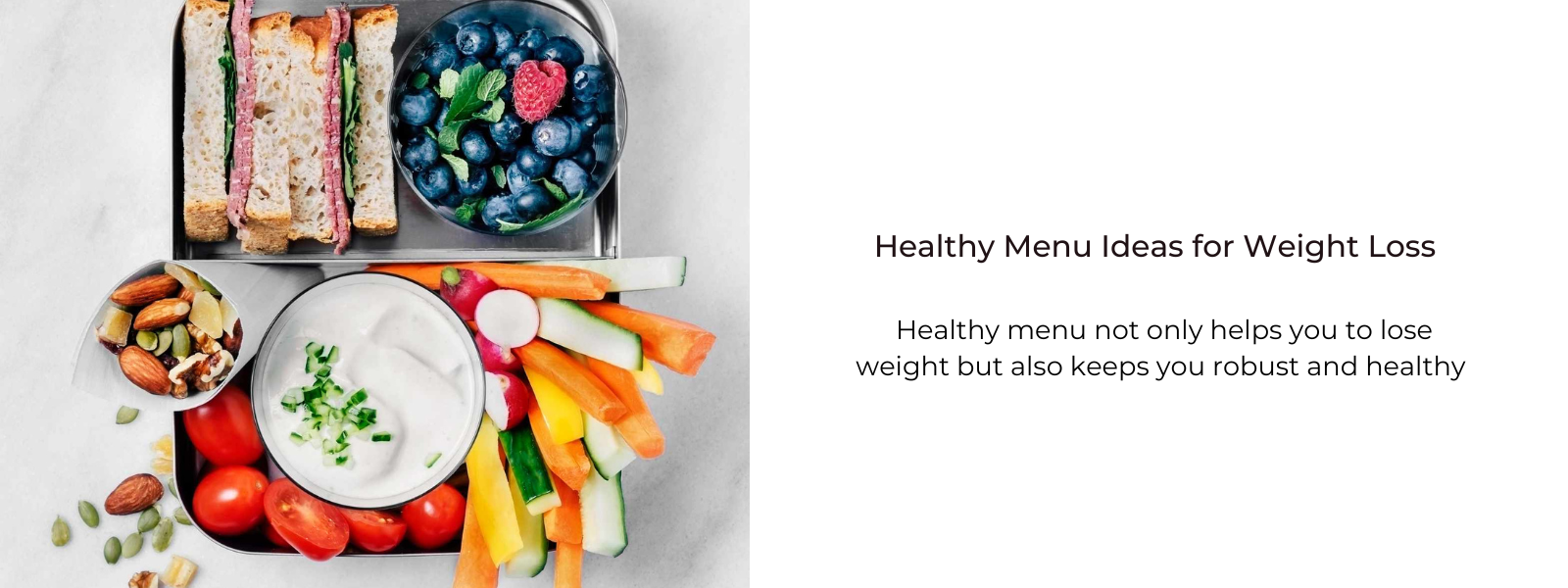Fermented foods are foods that have undergone a natural process of fermentation, in which microorganisms such as bacteria, yeast, or molds metabolize the sugars or starches in the food, converting them into alcohol, organic acids, or gases. This transformation imparts a distinctive flavor, texture, and often an extended shelf life to the food product. Fermentation has been used for centuries as a method of food preservation and enhancement.
Table of Contents
The Benefits of Fermented Foods for Gut Health
Here are some of the key benefits of incorporating fermented foods:
- Probiotics: Fermented foods are rich in beneficial bacteria known as probiotics. These microorganisms can help populate and maintain a healthy balance of gut flora, which is essential for digestion, nutrient absorption, and immune function.
- Improved Digestion: Probiotics in fermented foods aid in the breakdown of complex carbohydrates, making it easier for your body to digest and absorb nutrients from the food you eat. This can lead to reduced digestive discomfort and bloating.
- Enhanced Nutrient Absorption: A healthy gut environment, supported by probiotics, is more effective at absorbing essential nutrients, including vitamins and minerals, from your food.
- Immune Support: A significant portion of the immune system is located in the gut. Probiotics contribute to the balance of beneficial and harmful bacteria, helping to strengthen the body's defenses against infections and illnesses.
- Reduced Inflammation: An imbalanced gut microbiome has been linked to chronic inflammation, which can contribute to various health issues. Probiotics in fermented foods may help reduce inflammation and support overall well-being.
- Weight Management: Emerging research suggests that the gut microbiome plays a role in weight regulation. A healthy balance of gut bacteria, influenced by probiotics, may help with weight management.
- Mood and Mental Health: The gut-brain connection is a growing area of research. A healthy gut microbiome has been associated with improved mood and mental health, potentially impacting conditions like anxiety and depression.
- Better Bowel Movements: Probiotics can help regulate bowel movements and alleviate symptoms of conditions like irritable bowel syndrome (IBS) and constipation.
- Detoxification: Some strains of probiotics may assist in detoxifying harmful compounds in the gut, potentially reducing the risk of certain diseases.
- Rich Variety of Beneficial Bacteria: Different fermented foods contain various strains of probiotics, offering a diverse array of beneficial bacteria that can have unique health benefits.
Can You Make Fermented Food At Home?
Yes, you can absolutely make fermented foods at home. In fact, many people enjoy fermenting their own foods because it allows for customization of flavors and the potential to harness the health benefits of probiotics. Here are a few popular fermented foods you can make at home:
- Kimchi: Similar to sauerkraut, kimchi is made by fermenting vegetables (typically napa cabbage and radishes) with salt and a variety of seasonings like chili pepper, garlic, and ginger.
- Yogurt: Homemade yogurt can be made by heating milk, adding a yogurt starter culture (or a spoonful of plain yogurt with live cultures), and allowing it to ferment at a warm temperature.
- Pickles: You can make traditional pickles by immersing cucumbers in a brine solution with salt and other flavorings. Over time, the cucumbers will become sour pickles.
- Sourdough Bread: Sourdough bread is made by fermenting dough with naturally occurring lactobacilli and yeast. To start a sourdough culture, you can mix flour and water and allow it to ferment, creating a "starter" that can be used for bread baking.
- Fermented Vegetables: You can ferment a wide range of vegetables, from carrots to beets, by submerging them in a brine and letting them ferment. These make for great additions to salads or side dishes.
When fermenting foods at home, it's crucial to maintain a clean and sanitary environment to prevent contamination. Follow a trusted recipe, be patient with the fermentation process, and taste the food periodically to check for your preferred level of sourness. Home fermentation can be a creative and enjoyable culinary adventure that leads to delicious and probiotic-rich foods.
Best Time To Have Fermented Food:
The best approach to consuming fermented foods depends on your individual taste preferences, dietary habits, and the specific probiotic-rich foods you enjoy. The key is to include them in a way that fits your lifestyle and dietary needs. Additionally, it's essential to maintain a balanced diet with a variety of nutrient-rich foods to support overall health and well-being.











Leave a comment